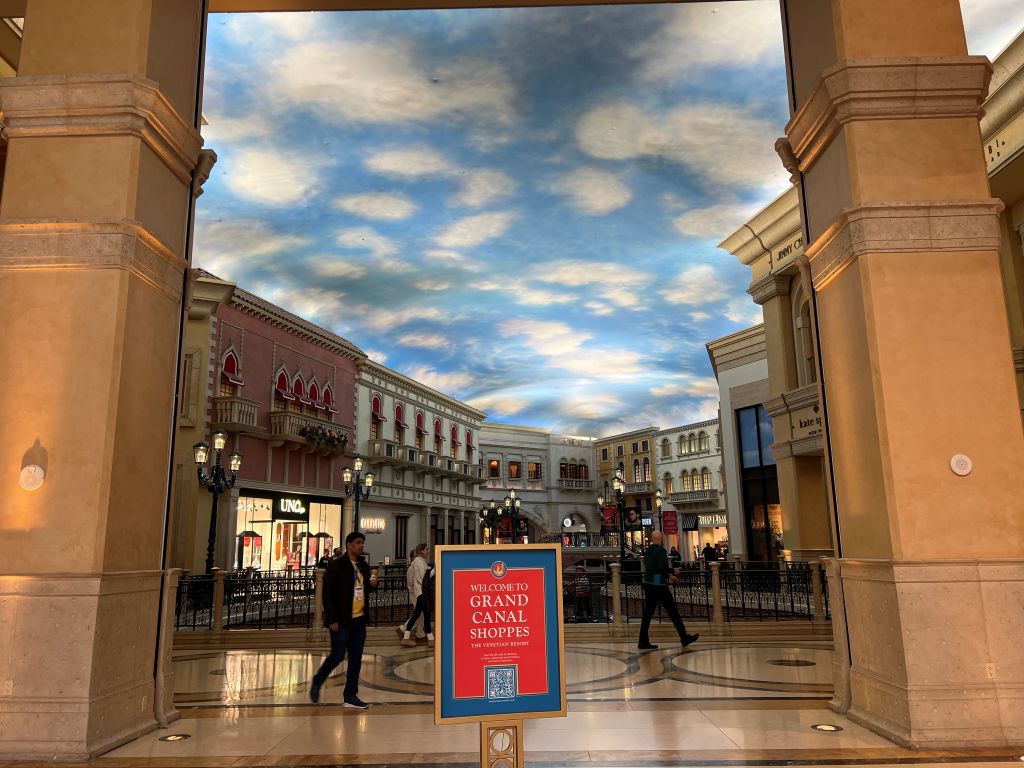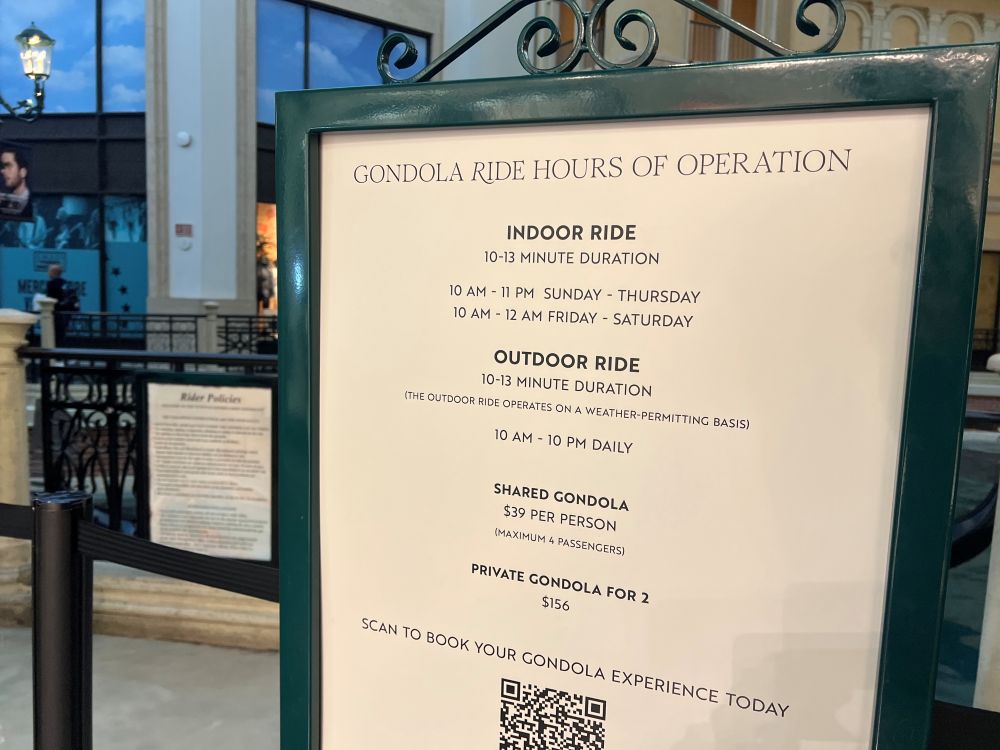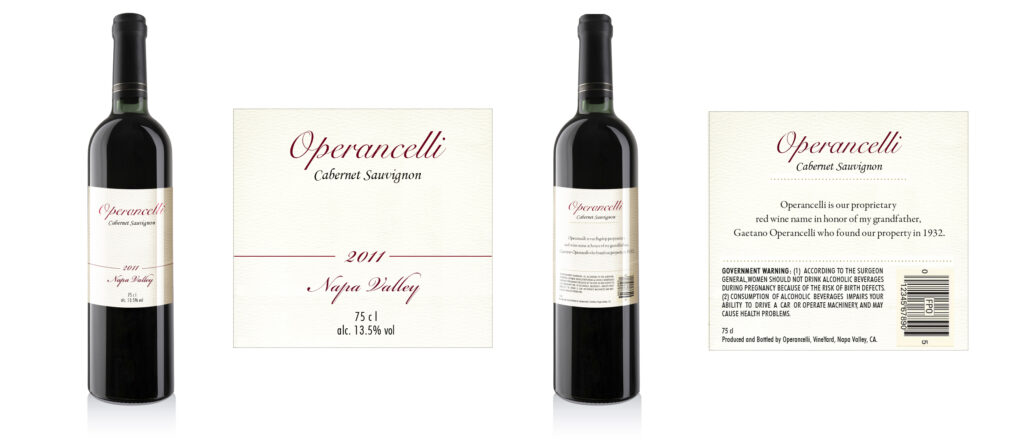
I recently visited Las Vegas to attend CES 2025. While many exhibitions were exciting, it was a gondola ride at the Venetian Hotel that kept me thinking afterward.

I was surprised to see people willingly pay premium prices for fabricated experiences. The ride costs $39 for a 10-minute journey along an indoor canal under a painted sky. A private gondola for two costs $156! Why would anyone pay so much for something artificial?

The answer probably lies in the power of social status. These fabricated experiences are designed to be visually stunning. They create shareable moments for platforms like Tiktok or Instagram. I saw many visitors took gondola selfies under the “Venetian sky.” Authenticity may matter less than the emotions people gain from the experience.
***
Reference 1
Pine, B. J., & Gilmore, J. H. (1998). Welcome to the experience economy. Harvard Business Review, 76(4), 97-105.
How do economies change? The entire history of economic progress can be recapitulated in the four-stage evolution of the birthday cake. As a vestige of the agrarian economy, mothers made birthday cakes from scratch, mixing farm commodities (flour, sugar, butter, and eggs) that together cost mere dimes. As the goods-based industrial economy advanced, moms paid a dollar or two to Betty Crocker for premixed ingredients. Later, when the service economy took hold, busy parents ordered cakes from the bakery or grocery store, which, at $10 or $15, cost ten times as much as the packaged ingredients. Now, in the time-starved 1990s, parents neither make the birthday cake nor even throw the party. Instead, they spend $100 or more to “outsource” the entire event to Chuck E. Cheese’s, the Discovery Zone, the Mining Company, or some other business that stages a memorable event for the kids—and often throws in the cake for free. Welcome to the emerging experience economy.
**
Reference 2
Choi, B., & Joo, J. (2021). Authentic Information on the Back Label of Wine Bottle. Asia Marketing Journal, 23(3), 13–26.
This paper investigates whether including authentic information on the back labels of wine bottles enhances consumers’ confidence and purchase intentions about wine; it also assesses the moderating role of involvement and knowledge about wine. We conducted two experimental studies. Study 1 generated three findings. First, when the back label had authentic information, subjects showed higher confidence levels. Second, this effect was hold for subjects with low levels of involvement. Finally, we did not observe this effect for subjects with high levels of involvement. Study 2 extended study 1’s findings and identified the moderated mediation effect of confidence. The findings highlight the important impact on wine choice of authentic information. However, the findings also suggest that authentic information may not be sufficient to attract people with high levels of involvement and knowledge. This study’s findings provide wine producers with practical marketing insights.


